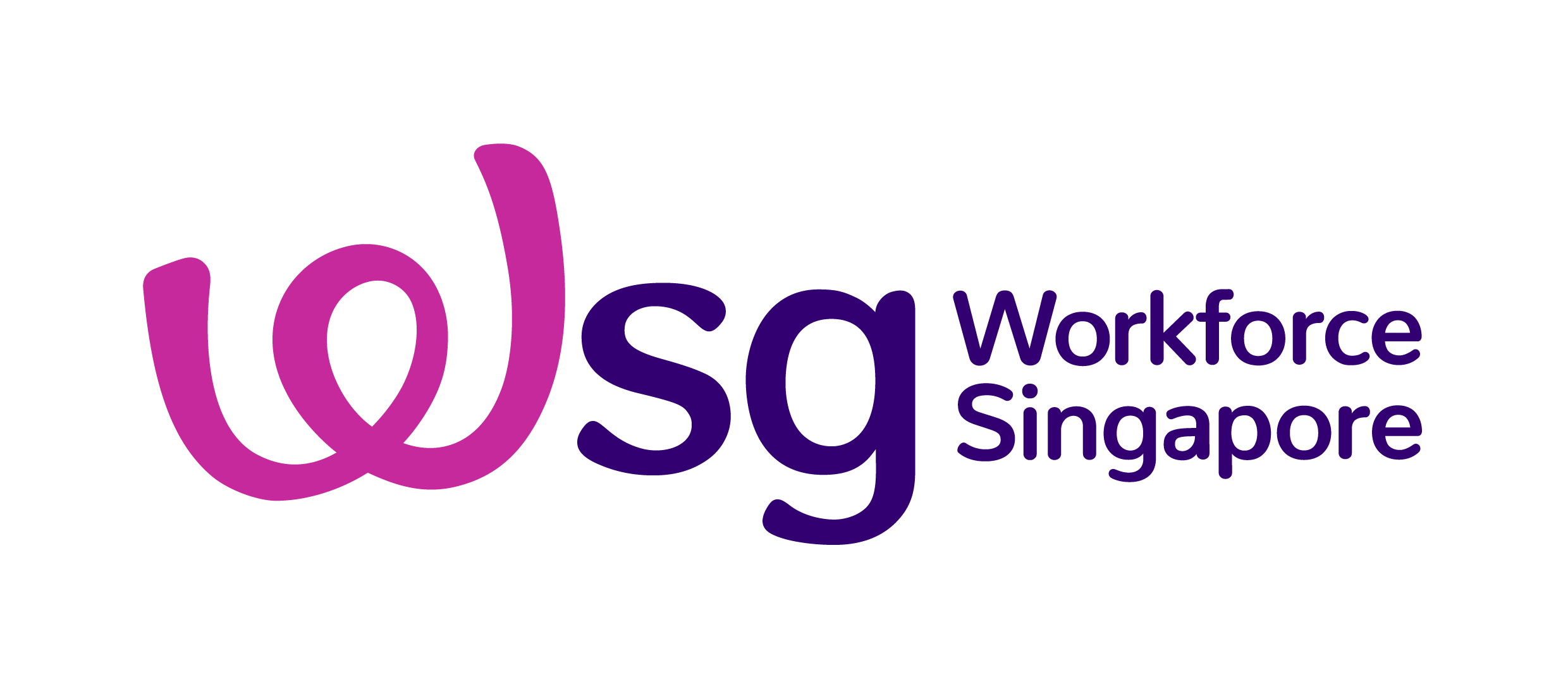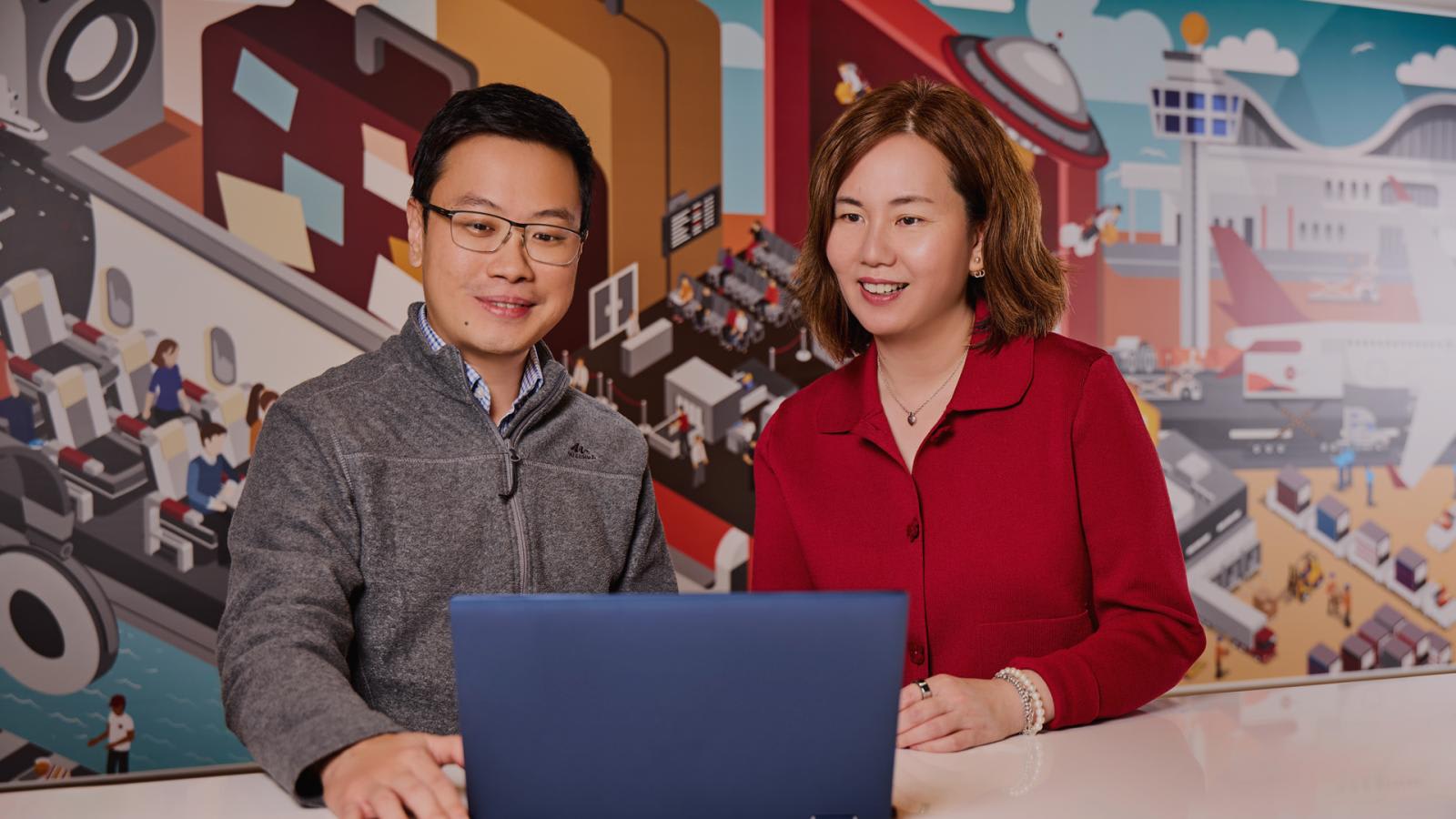Sats, the homegrown provider of gateway services and food solutions, has taken a practical approach to digital transformation – applying technology not just to streamline operations, but to equip its workforce with future-ready skills. To modernise and enhance the learning experience, the company developed an in-house AI-powered coach to support trainees.
“Instead of memorising 50 pages of airline requirements, trainees are now taught prompt engineering to effectively interact with AI,” said Ms Tan Chee Wei, its chief human capital officer. “This significantly enhanced staff learning, operational efficiency and customer engagement.”
This new way of learning is just one of several job redesign initiatives that Sats has rolled out across its passenger services, cargo and apron operations since 2023. These projects aim to improve workflows while creating clearer and more fulfilling career pathways. Complementing these efforts, the in-house Sats Academy supports multi-skilling and career longevity through a diverse range of training programmes that offer workers structured opportunities for continuous learning, career advancement and personal growth.
Sats also adopts a skills-first approach to recruitment. It considers suitable applicants from other industries, by identifying transferable skills that can be applied to roles within the organisation. Where needed, these new hires are reskilled through structured on-the-job training under Workforce Singapore’s Career Conversion Programmes.
The goal? To strengthen the local talent pool, improve career health across the workforce and make aviation careers more appealing to Singaporeans. “We believe that our efforts around investing in our employees through job redesign, training and engagement have resulted in clear and beneficial talent outcomes,” Ms Tan said.
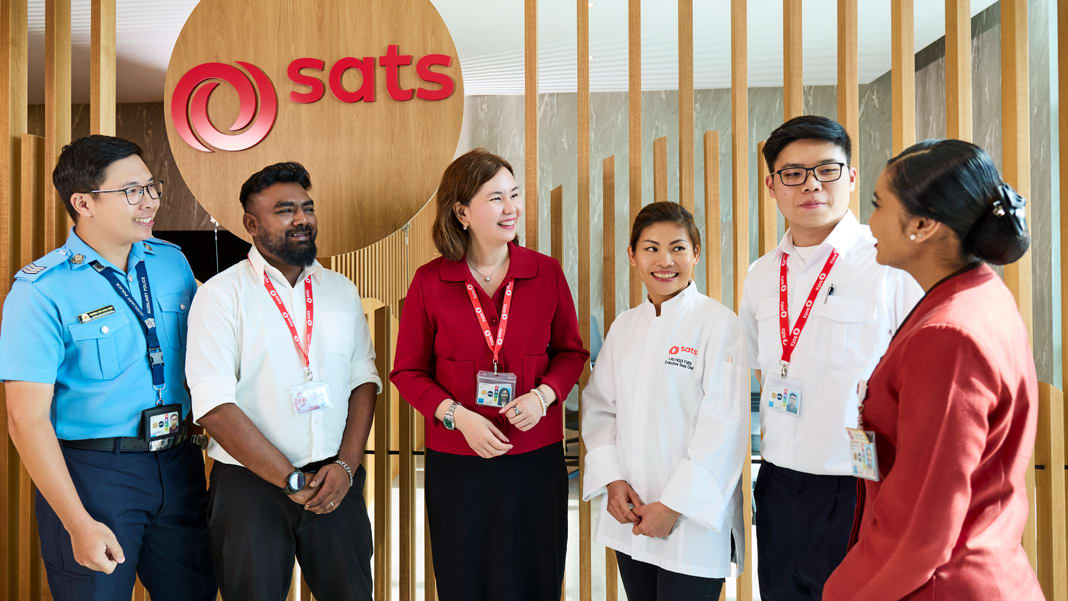
TEACHING A GLOBAL WORKFORCE NEW SKILLS
In April 2023 – following its acquisition of global air cargo logistics provider Worldwide Flight Services – Sats became one of the world’s largest providers of air cargo handling services, employing around 55,000 people across more than 215 stations in 27 countries.
In the past two years, Sats has also been among the early adopters in Singapore’s aerospace and aviation sector to establish a Company Training Committee (CTC) in partnership with union leaders and other stakeholders. These collaborations support job redesign by reviewing workflows, identifying bottlenecks and using technology to refine processes and shape roles that better reflect strategic priorities. “This ensures greater efficiency and effectiveness,” said Ms Tan.
These initiatives follow the National Centre of Excellence for Workplace Learning framework, which helps organisations tailor capability-building efforts to business needs while establishing best practices in workplace learning. Sats identifies new skill requirements in aviation and ground handling through strategic workforce planning, industry collaboration and continuous learning initiatives – all of which contribute to sustaining career health in a rapidly evolving sector.


In parallel, Sats works with industry partners and government agencies such as Workforce Singapore and SkillsFuture Singapore to stay in step with national workforce transformation goals. Its skills development efforts are guided by Singapore’s Air Transport Industry Transformation Map, which outlines future trends and required capabilities in areas such as digitalisation, automation, sustainability, customer experience and operational efficiency.
Sats has also tapped the National Trades Union Congress’ CTC grant, which offers up to 70 per cent funding for job redesign efforts. The grant covers the cost of engaging external consultants to conduct manpower studies that help the company realign key roles with evolving industry needs and equip its workforce with emerging skill sets. Implementation of these redesigned roles is expected by the middle of this year.
NEW SKILLS FOR A NEW ERA
Around 500 staff members are expected to benefit from these job redesign efforts in the initial phase, supporting broader efforts to create more fulfilling career pathways for employees. Separately, some 1,400 employees completed the Sats Global Leadership Development programme last year to strengthen senior leadership and build key capabilities across markets. In addition, more than 11,600 ground staff took part in bite-sized modules focused on developing personal effectiveness skills.
Sats applies the 70-20-10 learning philosophy: 70 per cent of learning comes from on-the-job training, 20 per cent from peers and mentors, and 10 per cent through formal courses and training. It also encourages Communities of Practice – both formal and informal – where like-minded employees share expertise and sharpen their skills in key domains.
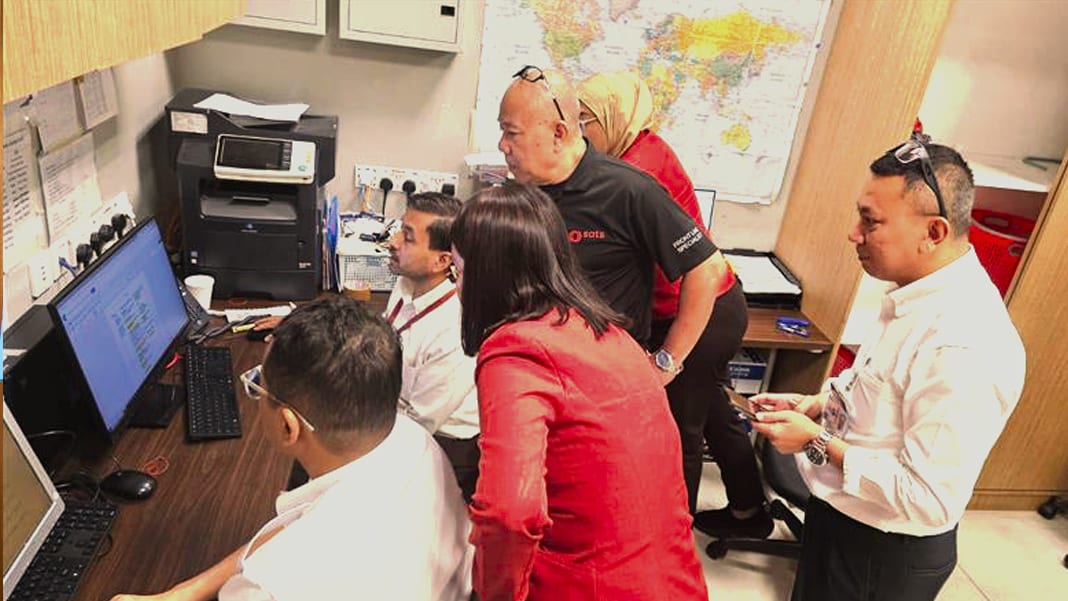
A recent example is a digital transformation initiative led by the human capital team, which introduced robotic process automation to improve productivity in key human resource processes. This included automating tasks such as photo processing for identity cards, document routing and the submission of work pass applications – saving an estimated 6,202.5 man-hours annually. By reducing time spent on repetitive administrative work, staff can focus on higher-value tasks that support workforce development and strategic HR planning.
TRANSFORMATION PAYS OFF
“A job redesign project works particularly well for an aviation company due to the dynamic and complex nature of the aviation industry,” said Ms Tan, adding that there are significant benefits and outcomes for both the company and its people.
These efforts have helped align job roles with organisational priorities, improve employee engagement and raise operational performance, while also making aviation jobs more attractive to Singaporeans, Ms Tan added. They contribute to a more efficient workforce by improving task allocation, minimising redundancy and raising overall productivity. In turn, this reduces the time and resources needed for recruitment and training, and reinforces Sats’ employer branding.
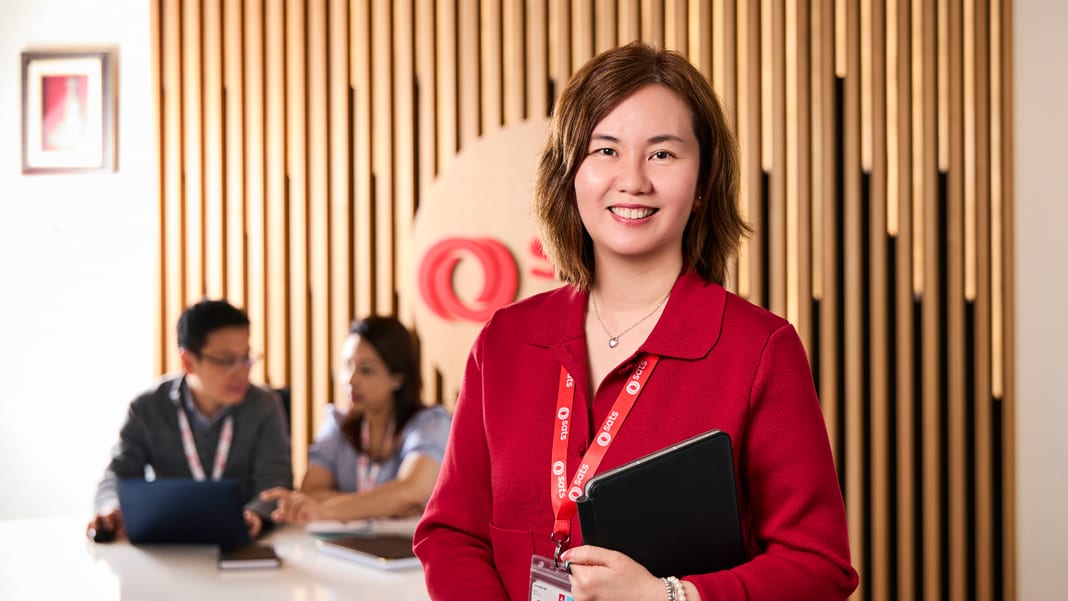
Employees also benefit from stronger career health, as they gain more versatile and well-rounded skill sets that improve their career prospects within and beyond the organisation – supporting both individual growth and broader business performance. “We are strengthening our Singapore core by leveraging process optimisation, automation and digitalisation to enhance jobs and uplift careers,” said Ms Tan.
INITIATIVES THAT SATS HAS BENEFITED FROM
Led by different government agencies, multiple programmes can help support companies in their drive to reskill and upskill employees:
• Workforce Singapore: Career Conversion Programmes help employers reskill mid-career new hires or existing staff into job roles with long-term prospects, alongside salary support of up to 90 per cent for reskilling
• National Trades Union Congress: The Company Training Committee grant provides up to 70 per cent funding for job redesign efforts, as well as the cost of engaging external consultants to conduct manpower studies about the company’s competency gaps
• National Centre of Excellence for Workplace Learning framework: Provides a pathway for companies to build a sustainable workplace learning ecosystem and tailor capability development to business needs
• SkillsFuture Singapore: Sats supported the development of the Skills Framework for Air Transport, which it now uses in pre-hiring assessment, performance management and career progression
SEE HOW CAREER HEALTH DRIVES BUSINESS RESULTS
Whether it is reskilling for new demands or redesigning roles to stay competitive, these companies are investing in their people and seeing real returns. Scroll down to explore how others are integrating career health into their strategy – or turn to the Career Health Playbook for Business Growth for tools, tips and strategies to future-proof your workforce.










